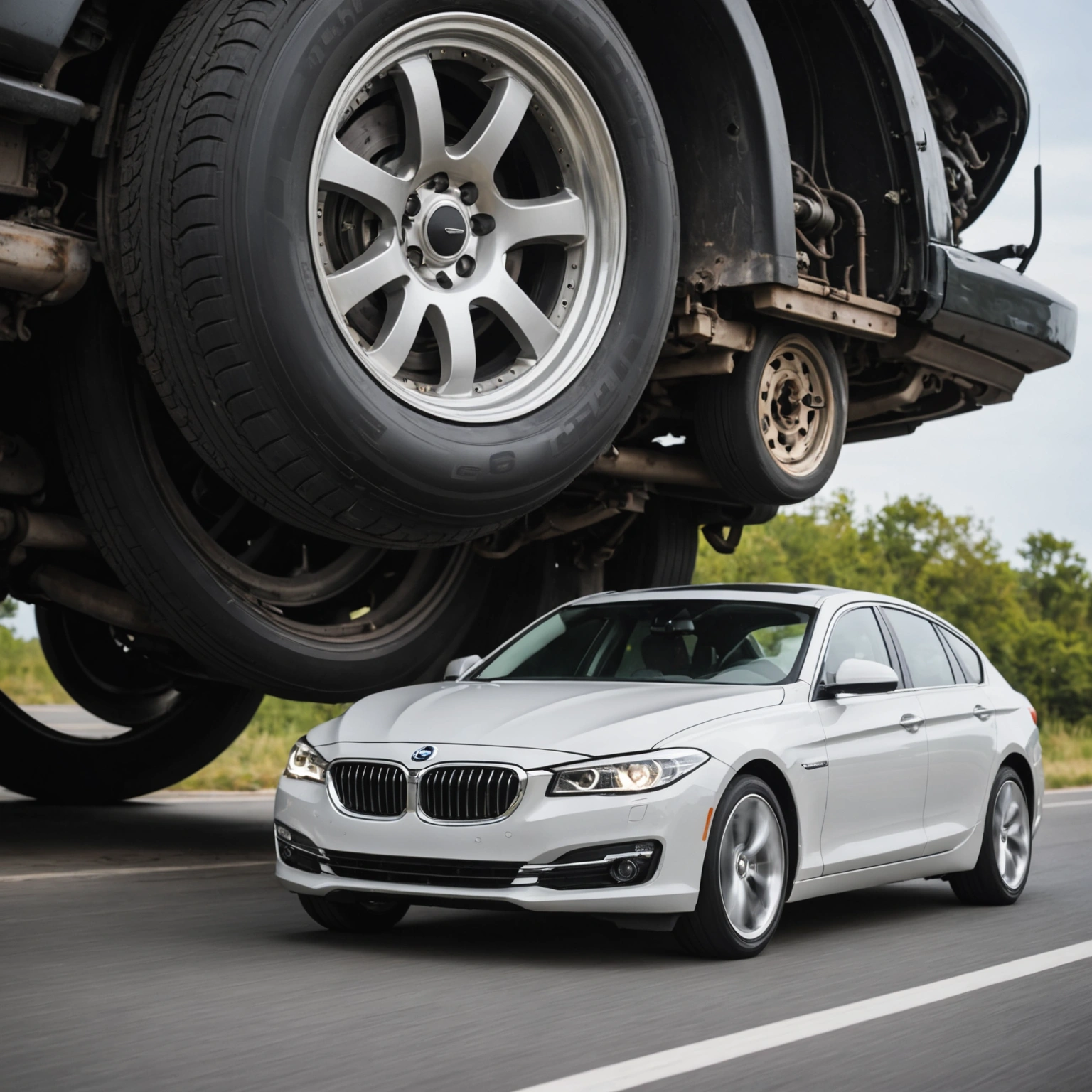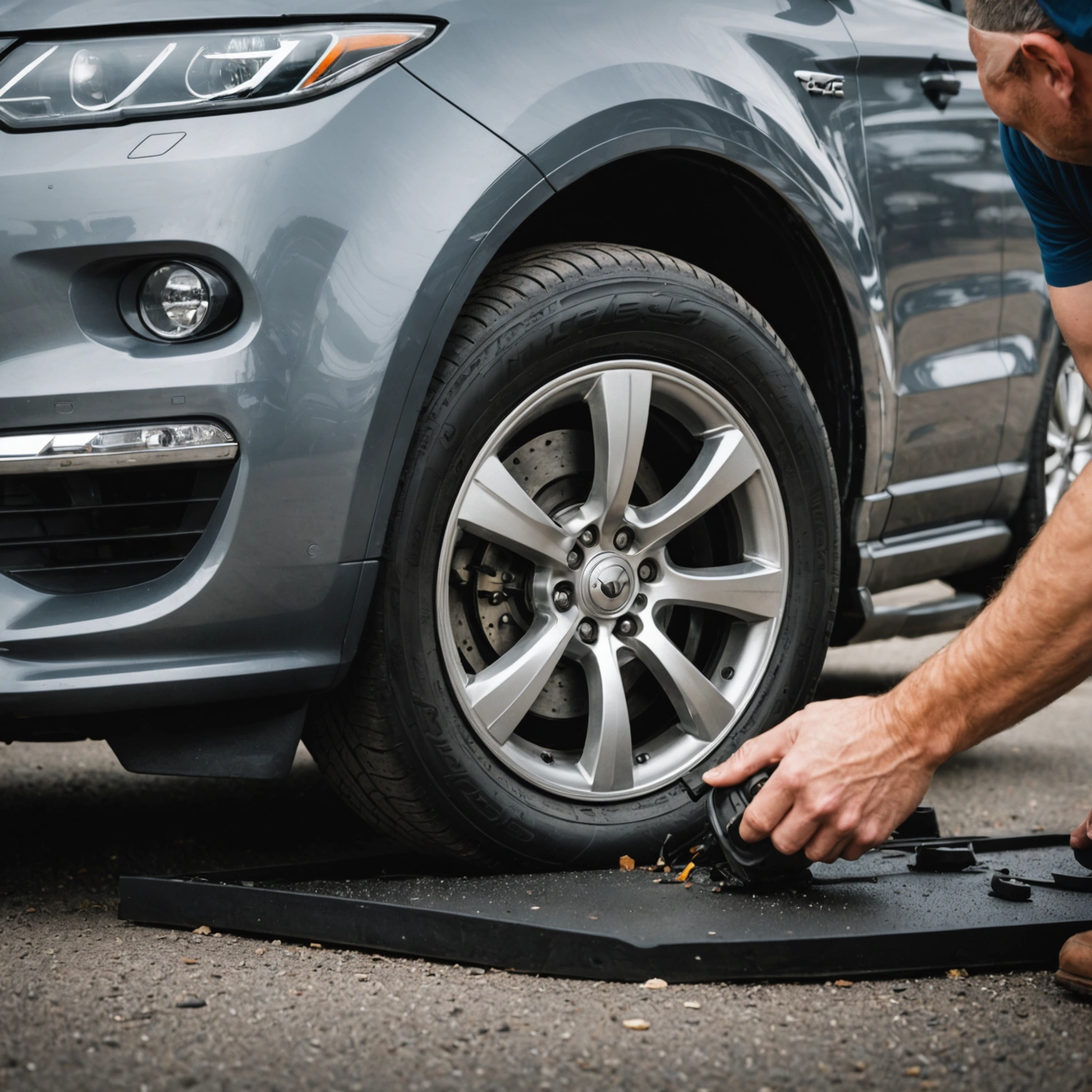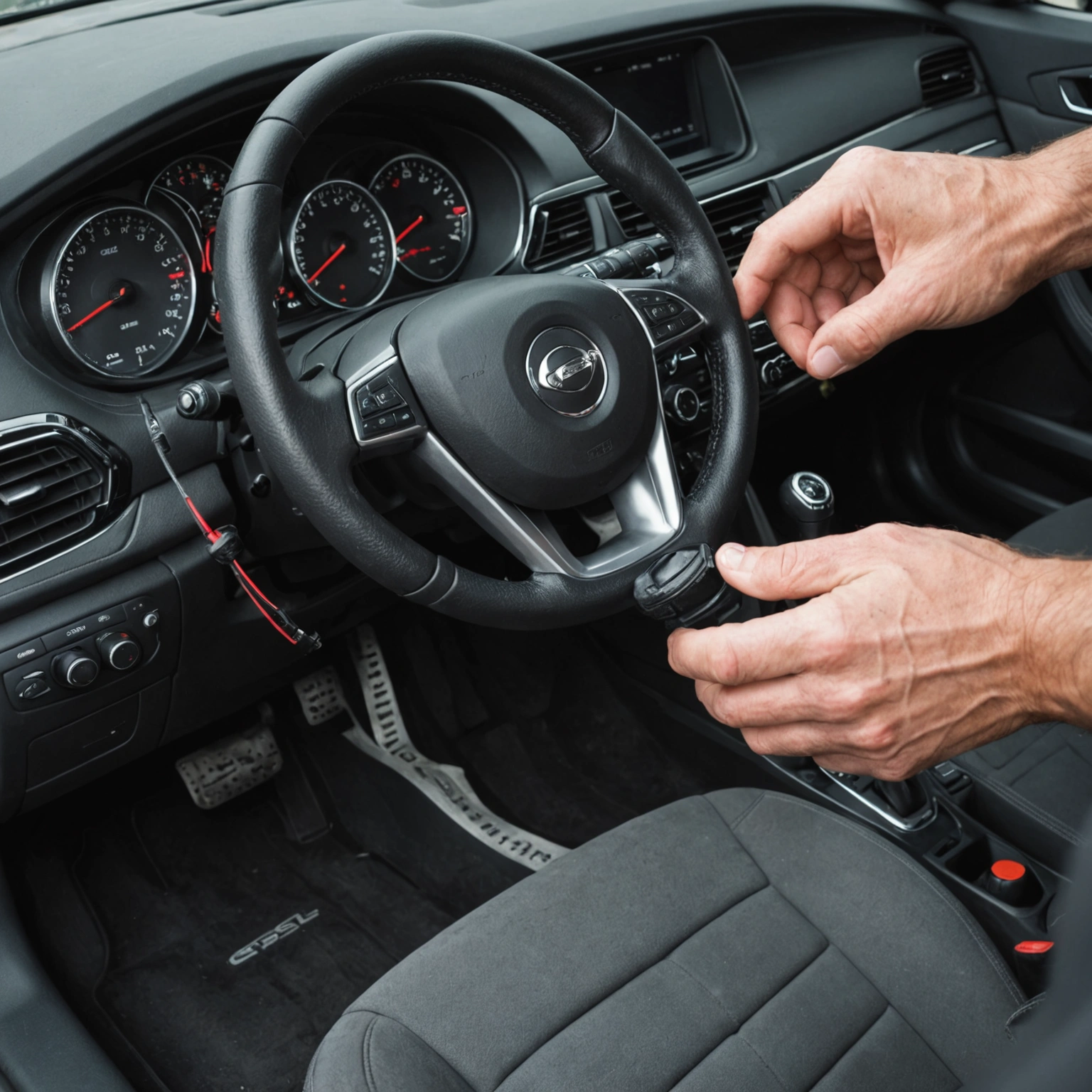**Why Does My Car Shake When I Stop? Understanding the Causes and Solutions**
If you’ve noticed your car shaking or vibrating when you come to a stop, you’re not alone. This phenomenon can be unsettling and sometimes concerning, but understanding the common causes can help you diagnose the issue and determine whether it’s something you can fix yourself or if professional attention is needed. Let’s explore the typical reasons behind this behavior.

### Common Causes of Car Shaking When Stopping
1. **Worn or Unbalanced Brake Rotors**

– **What it is:** Over time, brake rotors can develop uneven surfaces or become warped due to heat and wear.
– **How it causes shaking:** When you apply the brakes, the uneven rotor surface causes the brake pads to grip inconsistently, resulting in vibrations felt through the steering wheel or brake pedal.

– **Solution:** Resurfacing or replacing warped brake rotors can restore smooth braking.
2. **Worn or Damaged Brake Pads**

– **What it is:** Brake pads wear out over time, and uneven wear or glazing can create a rough braking experience.
– **How it causes shaking:** Worn or glazed pads may not make even contact with the rotor, causing vibrations during stopping.
– **Solution:** Replacing brake pads is often necessary to ensure proper braking performance.
3. **Suspension and Steering Components**
– **What it is:** Components like ball joints, tie rods, or control arms can wear out.
– **How it causes shaking:** Worn suspension parts can cause instability and vibrations that become noticeable when the vehicle slows down or stops.
– **Solution:** Inspection and replacement of worn suspension parts can improve ride quality.
4. **Engine or Transmission Mounts**
– **What it is:** Mounts secure the engine and transmission to the vehicle’s chassis.
– **How it causes shaking:** Damaged or worn mounts can cause excessive engine movement, which may be more noticeable at low speeds or when stopping.
– **Solution:** Replacing faulty mounts can eliminate excessive engine movement and vibrations.
5. **Brake Caliper Issues**
– **What it is:** Sticking or seized calipers can cause uneven brake application.
– **How it causes shaking:** Uneven caliper pressure results in inconsistent braking force, leading to vibrations during stop.
– **Solution:** Caliper inspection, repair, or replacement is often required.
6. **Wheel Alignment and Balance**
– **What it is:** Misaligned or unbalanced wheels can cause vibrations at various speeds.
– **How it causes shaking:** While more common at higher speeds, severe imbalance can sometimes cause vibrations when stopping.
– **Solution:** Wheel balancing and alignment can resolve these issues.
### When to See a Professional
If your car shakes noticeably when you come to a stop, it’s advisable to have it inspected by a qualified mechanic. They can perform a thorough diagnosis, including inspecting the brake system, suspension, and wheel components. Prompt attention can prevent further damage and ensure your safety.
### Preventative Tips
– Regularly inspect and replace brake pads before they wear down completely.
– Have your wheels balanced and aligned periodically.
– Schedule routine suspension and steering inspections.
– Address any unusual vibrations or noises promptly.
—
**In Summary**
Car shaking when stopping is often related to issues with the brake system—such as warped rotors or worn pads—but can also involve suspension, engine mounts, or wheel balance. Proper maintenance and timely repairs can keep your vehicle running smoothly and safely. If you’re unsure about the cause, consult with a trusted automotive professional to get your car checked out.
—
*Stay safe on the roads and keep your vehicle in top shape!*

